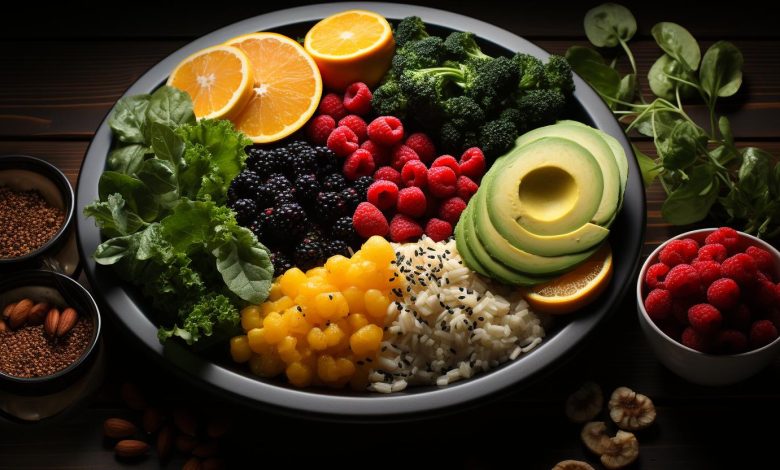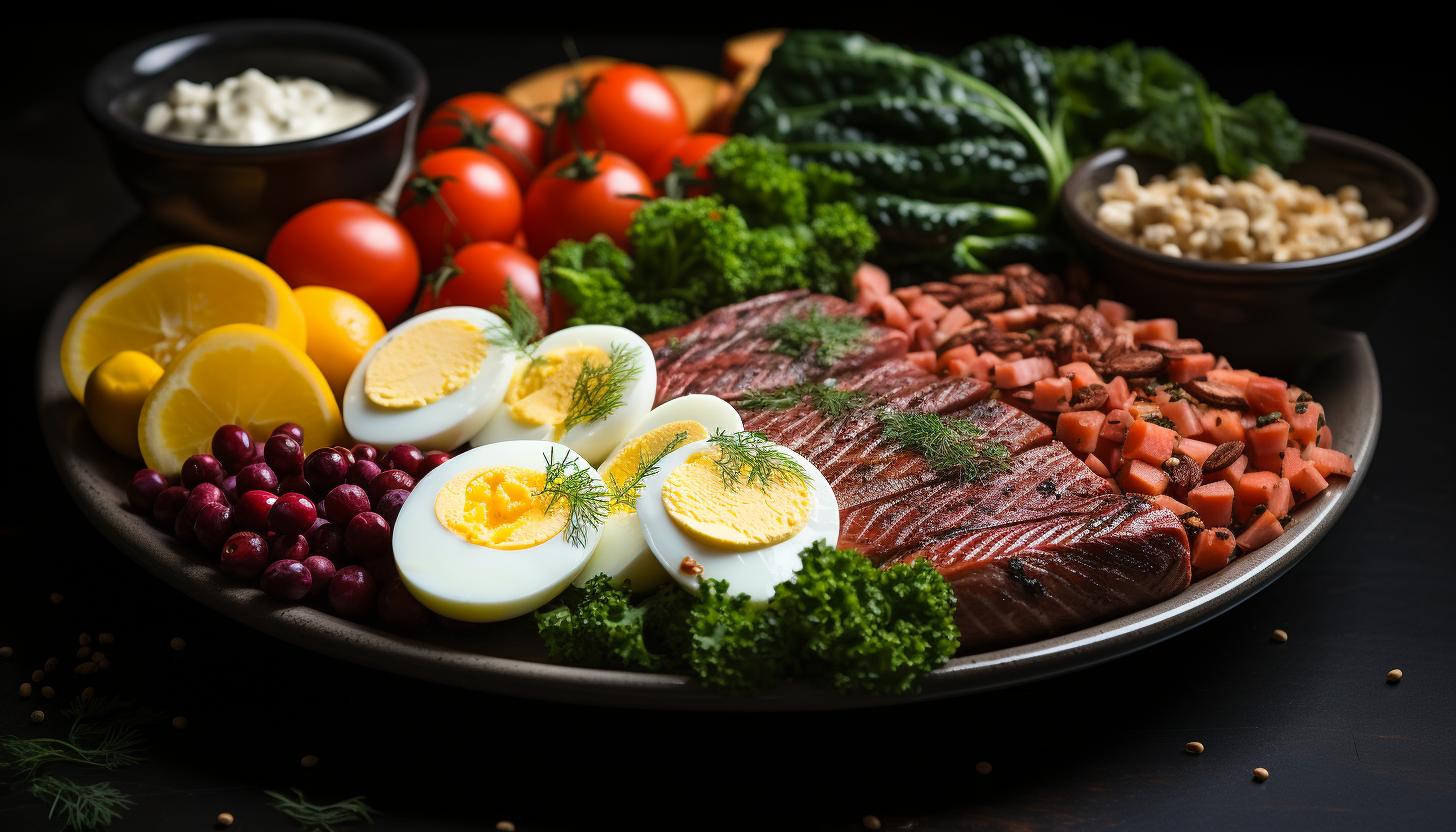Nutrition Strategies for Half Marathon Training and Race Day

Hey there, runner! You’ve committed to conquering that half marathon, and now it’s time to fuel up for success.
In this article, we’ll dive into nutrition strategies tailored specifically for your training and race day. From proper hydration to replenishing those muscles after a grueling run, we’ll cover it all.
So lace up those shoes and get ready to optimize your performance with evidence-based nutrition tips that will take you from start line to finish line with confidence.
Let’s do this!
The Importance of Proper Hydration

Proper hydration is crucial for optimal performance during a half marathon. The importance of water intake cannot be overstated when it comes to maintaining your body’s fluid balance and ensuring that all bodily systems function properly. Dehydration can have serious consequences on your performance and overall health.
During a half marathon, your body loses significant amounts of water through sweat. It is important to replenish these fluids by drinking enough water before, during, and after the race. Inadequate water intake can lead to dehydration, which can negatively impact your running performance and even pose a risk to your health.
Signs of dehydration include increased thirst, dry mouth, fatigue, dizziness, decreased urine output, dark-colored urine, and muscle cramps. If you experience any of these symptoms during a race, it is essential to stop and hydrate immediately.
To prevent dehydration during a half marathon, make sure to drink water regularly throughout training sessions leading up to the race. On race day itself, aim to consume about 16-20 ounces of water two hours before the start time. During the race, sip on fluids at regular intervals rather than chugging large amounts at once.
Remember that proper hydration is not something that can be achieved overnight; it requires consistent effort and attention throughout your training journey. By prioritizing adequate water intake and being aware of the signs of dehydration, you will set yourself up for success in your half marathon endeavors.
Fueling for Endurance: Carbohydrates and Energy Gels

To maximize your performance during a half marathon, you’ll want to focus on fueling with carbohydrates and energy gels. Carbohydrates are the primary source of fuel for endurance exercise, as they provide readily available energy to power your muscles. It is important to engage in carbohydrate loading, which involves increasing your intake of carbohydrates in the days leading up to the race. This helps to ensure that your glycogen stores are fully replenished and ready to support your efforts on race day.
Timing of fuel intake is also crucial for optimal performance. Consuming carbohydrates during longer runs or races can help maintain blood sugar levels and prevent fatigue. Energy gels are a popular choice among runners because they provide a concentrated source of easily digestible carbohydrates. These gels should be consumed with water at regular intervals throughout the race.
Transitioning into the next section about protein for muscle recovery and repair, it is important to note that while carbohydrates play a vital role in providing immediate energy during a half marathon, protein plays an equally important role in the recovery process afterwards. Protein helps repair damaged muscle tissue and supports muscle growth. Therefore, incorporating adequate amounts of protein into your diet post-race will aid in reducing muscle soreness and promoting faster recovery times.
Protein for Muscle Recovery and Repair

When refueling after your run, be sure to include protein in your post-workout meal to aid in muscle recovery and repair. Protein plays a crucial role in repairing and building muscles, making it an essential nutrient for athletes, especially those engaged in endurance training like half marathon running.
Protein timing is important for maximizing its benefits. Consuming protein within 30 minutes to an hour after exercise can enhance muscle protein synthesis and speed up recovery. This is because exercise increases the body’s sensitivity to protein, allowing for better absorption and utilization of amino acids.
For plant-based alternatives, there are plenty of options available that provide high-quality proteins. Legumes such as beans, lentils, and chickpeas are excellent sources of plant-based protein. Additionally, tofu, tempeh, edamame, quinoa, chia seeds, and hemp seeds are all great choices. These plant-based proteins not only provide essential amino acids but also offer other nutrients like fiber and antioxidants.
To ensure you’re getting enough protein throughout the day, aim for a variety of plant-based protein sources with each meal or snack. This will help meet your daily requirements while promoting muscle repair and growth.
Remember that proper nutrition is key for optimizing performance during training and on race day. So make sure to prioritize including adequate amounts of protein in your post-workout meals to support muscle recovery and repair effectively.
The Role of Electrolytes in Performance

Make sure you replenish your electrolytes during and after your run to support optimal performance and prevent dehydration. Electrolytes are minerals that carry an electric charge in your body, and they play a crucial role in maintaining fluid balance, muscle function, and nerve impulses.
When you exercise, especially for longer durations or in hot weather, you lose electrolytes through sweat. This can lead to imbalances that may cause muscle cramping and hinder performance.
To maintain proper electrolyte balance and prevent cramping, consider the following strategies:
– Stay hydrated: Drink fluids regularly before, during, and after your run to replace lost fluids and electrolytes.
– Hydration options: Water is essential for hydration but may not be enough for longer runs. Consider sports drinks or electrolyte-enhanced beverages that provide a balanced mix of sodium, potassium, magnesium, and other essential electrolytes.
– Consume electrolyte-rich foods: Incorporate foods like bananas, oranges, spinach, avocados.
– Refreshing snacks: Snack on watermelon slices or coconut water for a natural source of hydration with added electrolytes.
By focusing on replenishing your electrolytes during exercise through both fluids and food choices, you can support optimal performance while reducing the risk of dehydration-related issues such as muscle cramps.
Moving forward into the next section about ‘pre-race and race day nutrition strategies,’ it’s important to continue prioritizing proper fueling techniques to maximize your training efforts.
Pre-Race and Race Day Nutrition Strategies

Having a balanced and nutrient-rich diet can significantly impact your performance on race day. Proper pre-race fueling is essential to optimize your energy levels and ensure you have enough glycogen stored in your muscles for endurance. Consuming a meal rich in complex carbohydrates, such as whole grains, fruits, and vegetables, about 2-3 hours before the race can provide the necessary fuel. Additionally, including a moderate amount of protein and healthy fats will help sustain your energy levels throughout the event.
During longer races like a half marathon, it’s important to replenish electrolytes lost through sweat. Sports drinks or electrolyte gels can be consumed during the race to maintain proper hydration and prevent muscle cramps. However, always remember to test these products during training to avoid any digestive issues on race day.
Post-race recovery is just as crucial as pre-race fueling. Consuming a combination of carbohydrates and protein within 30 minutes after finishing helps repair damaged muscle tissue and replenish glycogen stores. This can be achieved through consuming a recovery drink or snack that provides around 20 grams of protein along with some carbohydrates.
Conclusion
In conclusion, remember to prioritize proper hydration and fueling with carbohydrates and energy gels. It is also important to incorporate protein for muscle recovery. Equally essential are electrolytes for optimal performance.
By adhering to these nutrition strategies during your half marathon training and on race day, you’ll maximize your potential for success.
Stay strong, stay fueled, and stride smoothly towards the finish line!






